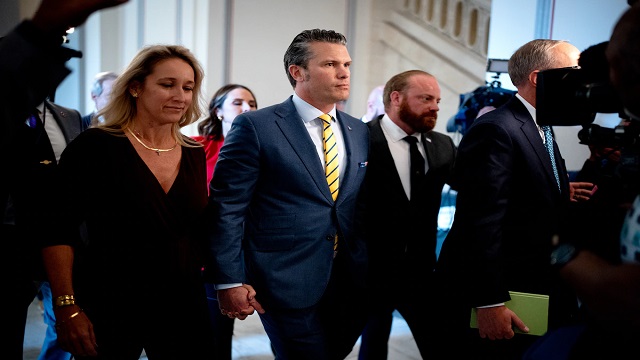Senior Pentagon Official Says Trump’s Policy Is ‘Common Sense,’ Not a Path to Isolation
A senior official from the Pentagon has defended former President Donald Trump’s foreign policy, calling it a “common sense” approach rather than a strategy of isolation. The official said that Trump’s policies aimed to protect American interests first while still working with other countries when necessary.
The statement came during a discussion about U.S. defense and foreign policy. Critics have often said Trump’s “America First” approach isolated the United States from its allies. However, the Pentagon official disagreed with that view. He explained that the Trump administration wanted stronger partnerships based on fairness and mutual benefit.
“It was not about cutting ties with the world,” the official said. “It was about making smarter choices. We wanted to stop taking part in unfair deals and focus on what truly helped the American people.”
The official also pointed out that under Trump, the U.S. increased defense spending, pushed NATO allies to pay more for their own defense, and worked on new trade deals that favored the U.S. He said these actions showed strength and responsibility, not isolation.
Many Trump supporters agree with this view. They believe that Trump’s approach forced other countries to treat the U.S. with more respect. They also say his policies helped strengthen the U.S. economy and military.
However, critics argue that Trump’s style of leadership damaged long-standing alliances and created confusion in global diplomacy. They claim that pulling out of international agreements, like the Paris Climate Accord and the Iran nuclear deal, made the U.S. less trusted on the world stage.
Despite the debate, the senior Pentagon official made it clear that he sees Trump’s foreign policy as practical. “It was about putting American workers, soldiers, and taxpayers first. That’s not isolation—it’s common sense,” he said.
As discussions about America’s future direction continue, Trump’s policies remain a major talking point. Supporters and opponents continue to debate whether his strategy helped or hurt the U.S. in the long run.

